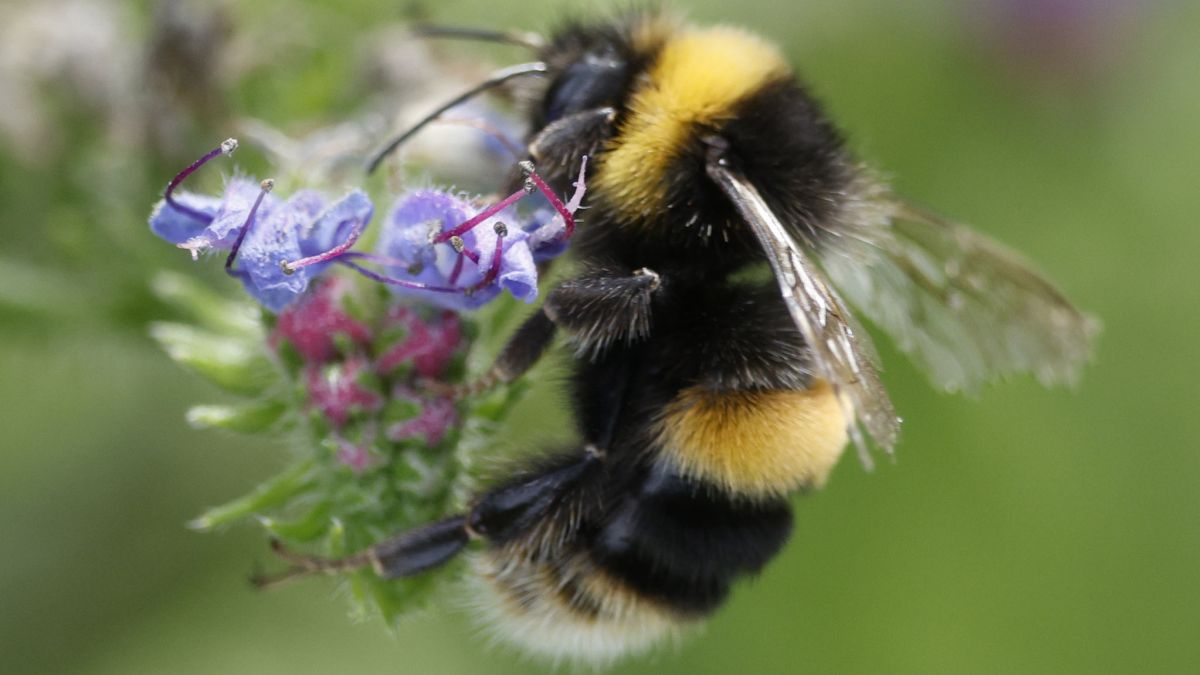I don’t drink coffee—not for any moral or ascetic reason. I just don’t like it. But I do take caffeine, regularly and intentionally, because the science behind it is among the strongest in the entire supplement world. If caffeine were discovered today, it would either be a prescription drug or banned at airports.
This isn’t about worshiping the molecule (I’m not building a shrine to methylxanthines), but it is about recognizing a performance-enhancing compound with an unusually high evidence-to-hype ratio. So let’s take it for a spin through the Evidence-Based Truth Claim Scale (ETCS) and see where it lands.
Know someone who swears by (or against) caffeine? Share this with them.
ETCS Score: 90/100 (Near-Certain)
This one’s rock-solid. Caffeine enhances vigilance, reaction time, attention, and working memory—especially when you're tired, jet-lagged, or staring at a spreadsheet full of existential questions.
Methodological Rigor: High
Replication: Endless
Expert Consensus: Universal
Mechanism: Blocks adenosine, reduces sleep pressure
Falsifiability: Easily measured through cognitive tasks
Bottom line? This isn’t placebo. Caffeine makes you sharper—period.
ETCS Score: 85/100 (Strong-to-Near-Certain)
Caffeine improves endurance, strength, power output, and perceived effort. The effect size isn’t huge, but it’s consistent enough that the International Olympic Committee still lists it as a performance aid.
Effective at 3–6 mg/kg body weight
More noticeable in endurance sports
Works best if you don’t take it all day, every day
If you train fasted, on low sleep, or in a zombie state, caffeine is your ally.
ETCS Score: 80/100 (Strong Evidence)
This is the tradeoff. Regular use builds tolerance. Withdrawal is real. And caffeine’s half-life (3–7 hours) means afternoon doses can mess with your sleep, even if you don’t notice until your third 2 AM podcast binge.
Habit-forming, not addictive in the clinical sense
Withdrawal: fatigue, irritability, headaches
Even morning use can reduce sleep quality in sensitive individuals
Use caffeine. Just don’t let it use you.
👇 Have your own caffeine ritual or cautionary tale? I’d love to hear it.
ETCS Score: 70/100 (Strong, but Complex Evidence)
Caffeine is linked to lower risk of Parkinson’s, Alzheimer’s, and some cancers—but most of these benefits show up in coffee studies, which include other compounds (chlorogenic acids, polyphenols, etc.). If you're taking caffeine solo (like me), the picture is blurrier.
Mechanistic plausibility: yes
Confounders: definitely
Replication: good, but mostly from coffee consumption data
Could caffeine be protective long-term? Maybe. But it’s not a health supplement in the narrow sense.
If you want a compound that makes you more alert, more physically capable, and slightly more likely to finish that thing you’ve been putting off—caffeine delivers.
If you’re looking for clean sleep, stable moods, and a zero-dependence lifestyle? Not so much.
But used wisely, caffeine is a top-tier, evidence-backed tool with few rivals.
Final ETCS Score for Caffeine: 85/100
Q: Wait—you don’t drink coffee but you still take caffeine?
Correct. Personal taste ≠ biological effect. I don’t like coffee (never had a cup), but I respect caffeine. It’s one of the few compounds where the hype is actually less than the evidence.
Q: Is caffeine safe? Should I be worried about side effects?
For most healthy adults, moderate caffeine intake is considered safe and even beneficial. But “dose makes the poison” applies here too. Too much can trigger anxiety, insomnia, and tolerance. The ETCS rating above reflects this nuance: effective, but not side-effect-free.
Q: What’s the best way to take caffeine?
There’s no one-size-fits-all. Some people love their morning coffee. Others use caffeine strategically (e.g., before workouts, cognitive tasks, or long drives). The key is intentionality: dose, timing, and context all matter. And cycling on/off occasionally can help prevent dependence.
Q: How does caffeine actually work?
In simple terms: caffeine blocks adenosine, the brain’s “tiredness” signal, keeping you more alert. It also nudges up dopamine and adrenaline, boosting mood, focus, and physical performance. Think of it as gentle system-wide activation, not just a jolt of energy.
Q: Should I stop drinking caffeine if I’m trying to be “natural”?
That’s up to you. Humans have consumed caffeine for thousands of years; it’s arguably one of the oldest nootropics. The key is whether it serves your goals, values, and well-being. There’s no moral scorecard here, only trade-offs.
.png)






